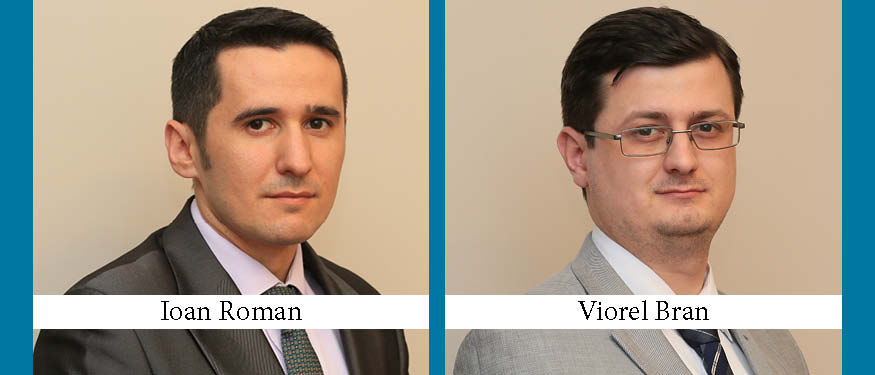2016 has been a challenging year for dispute resolution in Poland, due primarily to the numerous changes in regulatory framework that have come or will come into effect. In particular, since the country’s 2015 parliamentary elections, the government has been working on regulations related to group action proceedings, procedures for collecting claims, and various criminal law issues.
Hungary to Introduce New Act on Civil Litigation Procedures
Hungary’s current Act on Civil Litigation Procedures was adopted in 1953, and it served courts, counsels, and parties in litigations well over decades of the socialist regime.
Austrian Alternative Dispute Resolution Act: New Disclosure and Information Obligations for Entrepreneurs
Directive 2013/11/EU of the European Parliament and of the Council of May 21, 2013, on alternative dispute resolution for consumer disputes (“Directive on Consumer ADR”) obliged Member States to bring into force the laws, regulations, and administrative provisions necessary to comply with it by July 9, 2015.
Major Reforms to Enter into Force in 2017
Since former Of Counsel of Taylor Wessing Bratislava Lucia Zitnanska was appointed Slovak Minister of Justice in April 2016, the legislative changes prepared by her department have primarily been driven by the practical need to improve the enforceability of law and increase the importance of e-communication tools. To those ends, two major reforms concerning debt enforcement will enter into force in the first half of 2017.
When Arbitration Meets Insolvency in Montenegro – Can They Coexist?
Even at first blush, it is apparent that arbitration and insolvency make strange bedfellows.
Securing Your Victory Beforehand
Debt recovery is one of the most challenging parts of day-to-day business, especially in an environment where debtors aim to hinder enforcement by fraudulently diminishing their estate.
The Constitutional Court of Slovenia (Court) Decides in a Highly Anticipated Bail-In Case
Currently, one of the main issues in Slovenia is the ruling in late October 2016 of the Constitutional Court of Slovenia regarding constitutional rights violations suffered by investors in five major Slovenian banks when both their equity capital and the subordinated instruments were written off as a result of extraordinary measures exercised by the Bank of Slovenia between December 2013 and December 2014 as a result of the systemic banking crisis.
































